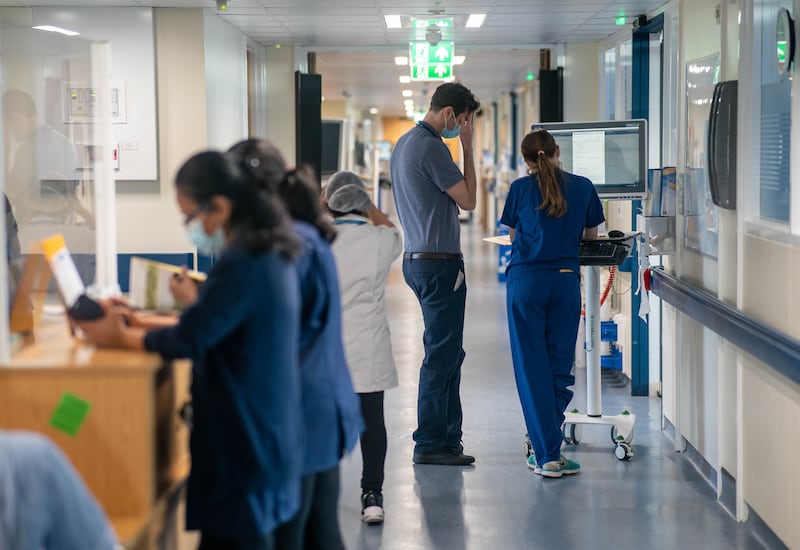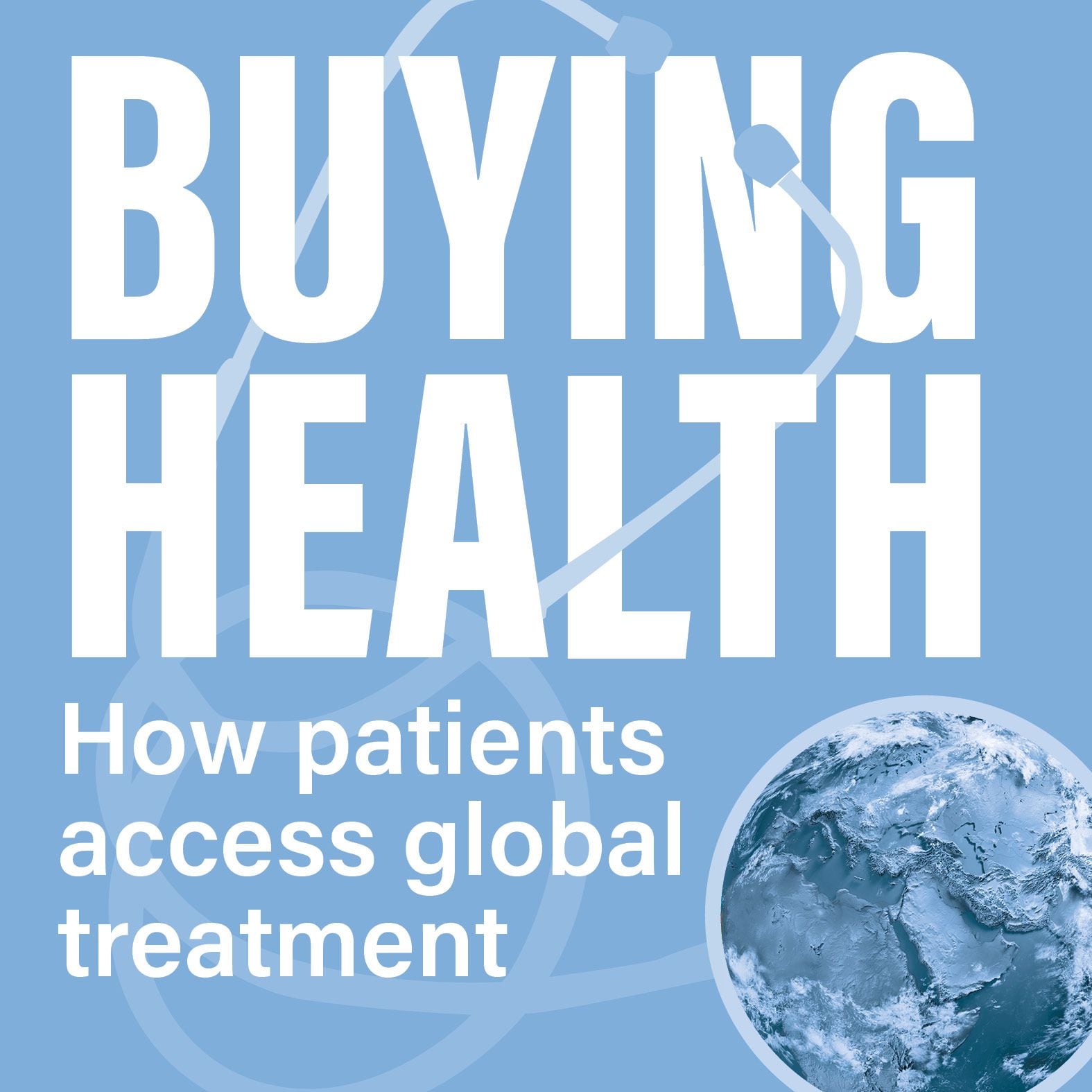Patients are opting to secure private health care in the face of an “extremely dire situation” this winter, the Patients Association has warned.
The NHS is confronting significant challenges as it braces for what could be another difficult winter, said Rachel Power, chief executive of the charity.
She expressed concerns that this winter could mirror the hardships experienced in the previous year and warned that patients are rushing to secure private health care as they face an “extremely dire situation” this winter.
In the face of rising waiting lists, which stood at 7.8 million patients for hospital care in England at the end of August, Ms Power highlighted a “serious lack of communication” with patients.
Last winter, patients faced lengthy ambulance waits and hospitals were often overwhelmed due to a shortfall in community care.
Ms Power insists that there communication between the health service and patients must be improved, emphasising that “the system does to people, rather than doing with people”.
The fear of a “two-tier system of health care” was underscored by a recent warning from the Care Quality Commission, suggesting those who cannot afford private care may face longer waits.
Ms Power echoed this concern, citing instances of people resorting to private care not out of choice but necessity, including a farmer who had to mortgage his farm to pay for surgery.
Amid the systemic pressures, stories have emerged that underscore the communication breakdown within the NHS.

One such incident involved a father who, speaking at a panel event, recounted how his daughter learnt of her genetic condition by overhearing a conversation between doctors.
Despite the efforts to improve services, including enhancements to urgent care, GP access, and workforce strategies, Ms Power remains sceptical.
She said: “All the best plans in the world don’t convince me that we’re not going to have ambulances backing up at the front door,” stressing the importance of preparing to protect vulnerable patients from the impending winter pressures.
With a backlog and depleted staff, Ms Power contends that the health service has been “lurching from crisis to crisis” with “normalised” problems.

Expanded options to address NHS wait times
Amid the longest waiting lists in the history of the NHS, officials have introduced a new strategy to reduce delays in patient care earlier this year.
About 400,000 people on the waiting list for more than 40 weeks are being offered the opportunity to seek treatment at alternative hospitals.
The initiative, propelled by the use of the NHS’s “matching platform,” aims to alleviate the record backlog by making efficient use of the available capacity within both NHS and private sector centres.
However, eligibility is restricted to those without a scheduled appointment in a specific time frame and who can endure a change in provider without complicating their clinical condition.
Healthwatch England has emphasised the importance of providing financial support for travel and accommodation to ensure equitable access to this option.








